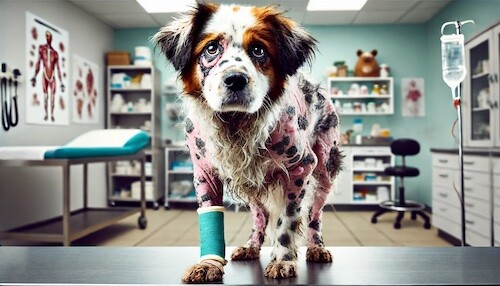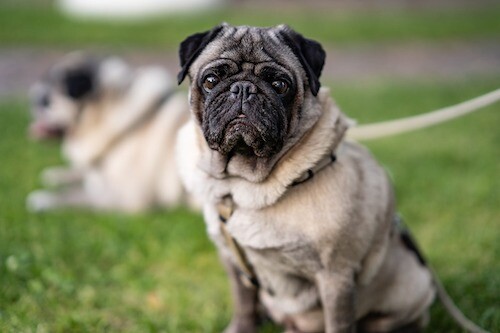The 10 Dog Breeds With The Most Health Problems

Dogs are cherished for their unwavering loyalty and affection, but it’s important to recognize that some breeds are more susceptible to health issues than others. These problems can range from dental issues to hip dysplasia, and understanding which breeds are at higher risk can be crucial for any prospective pet owner. Being informed about these potential health concerns helps you make better decisions and ensures you can provide the best possible care for your canine companion.
Read More: 15 Dog Breeds With The Highest Cancer Rates
Selecting a dog breed should involve considering not just their temperament and activity level but also their predisposition to certain health conditions. Awareness of these issues allows for proactive health management, such as regular veterinary check-ups, proper nutrition, and tailored exercise routines. This approach can significantly enhance the quality of life and longevity of your pet.
In this guide, we delve into the dog breeds that are known to have the most health problems. By understanding these issues, you can be better prepared to meet the specific health needs of your chosen breed, ensuring a happier and healthier life for your furry friend. Here are the 10 dog breeds with the most health problems, along with tips on how to manage their care effectively.
8Pug

Pugs are a beloved breed known for their unique wrinkled faces and small size. However, they come with certain health problems. Breathing difficulties are a significant concern due to their short noses, leading to brachycephalic obstructive airway syndrome (BOAS). Ensuring they avoid overheating and overexertion is crucial to manage this condition.
Eye issues such as entropion, distichiasis, and glaucoma are also common in Pugs. Regular eye check-ups and prompt treatment of any symptoms like redness, discharge, or squinting can help maintain their eye health. Pugs are prone to obesity, which can lead to joint and ligament damage. Providing regular exercise and a healthy diet is essential to prevent weight gain and related health problems.
Skin issues, including allergies and dermatitis, are common in Pugs due to their skin folds. Regular grooming and cleaning of the folds can prevent infections and skin irritations. Monitoring their diet and using hypoallergenic products can also help manage skin conditions.
Maintaining a healthy lifestyle for Pugs includes regular veterinary visits, a balanced diet, and moderate exercise tailored to their needs. Mental stimulation through interactive play and training can keep their minds sharp and reduce behavioral issues.
By being aware of their specific health needs and providing comprehensive care, Pug owners can ensure their pets lead happy, healthy lives with minimal discomfort.
